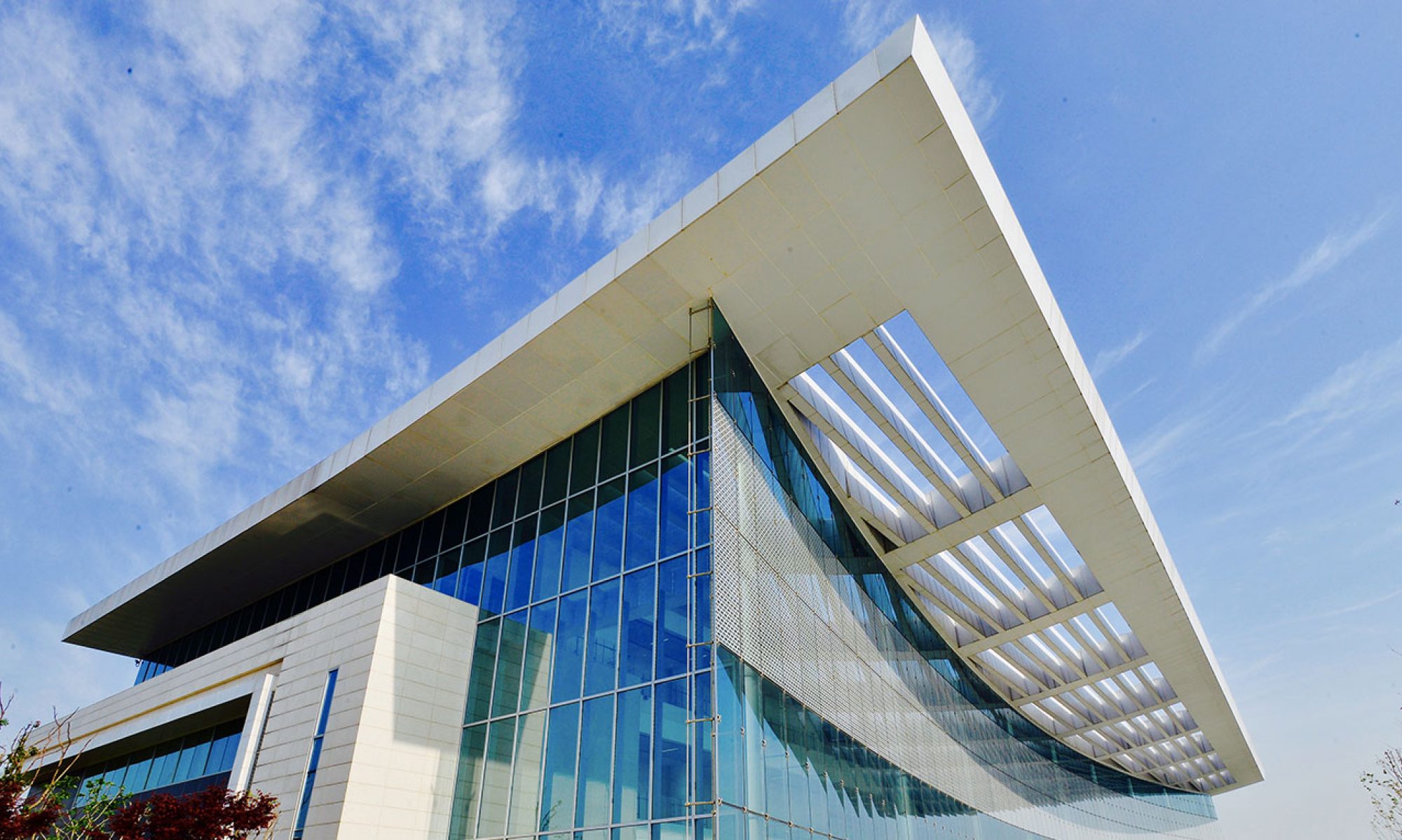Thursday 23 April, 10pm Eastern / Friday 24 April, 10am China
Zoom: 695-290-0771
Interdisciplinarity lies at the heart of Duke Kunshan University’s innovative curriculum for the 21st century. Recently DKU appointed James Miller, Co-Director of the Humanities Research Center to be its first Associate Dean of Interdisciplinary Strategy. Join Professor Miller and students from the HumanSpace+ research group as they embark on a series of conversations with leading theorists and practitioners of interdisciplinarity in the world today to explore how interdisciplinarity is tied to innovation and future of knowledge.

The second conversation in this series is with Professor Evan Thompson from the University of British Columbia and focuses on the future of the mind. Evan Thompson is a writer and professor of philosophy at the University of British Columbia in Vancouver. He works on the nature of the mind, the self, and human experience. His work combines cognitive science, philosophy of mind, phenomenology, and cross-cultural philosophy, especially Asian philosophical traditions. He is the author of Waking, Dreaming, Being: Self and Consciousness in Neuroscience, Meditation, and Philosophy (Columbia University Press, 2015); Mind in Life: Biology, Phenomenology, and the Sciences of Mind (Harvard University Press, 2007); and Colour Vision: A Study in Cognitive Science and the Philosophy of Perception (Routledge Press, 1995). He is the co-author, with Francisco J. Varela and Eleanor Rosch, of The Embodied Mind: Cognitive Science and Human Experience (MIT Press, 1991, revised edition 2016). Evan is an Elected Fellow of the Royal Society of Canada.
During this conversation, we will learn from Professor Thompson’s experience working with neuroscientists, psychologists, philosophers and scholars of Asian religions in developing an understanding of the “embodied mind.” Professor Thompson has written critically about his experiences in his most recent book, Why I am Not a Buddhist, which raises a number of key questions that we will get to in further detail in the conversation.
- What can we learn from the extensive dialogue between Buddhist practitioners and neuroscientists that can be applied more broadly to thinking about the limits and possibilities of interdisciplinary research?
- How can we build a bridge between science’s immense progress in our knowledge of facts to the deep pluralism of value systems that we find in the world’s cultures?
- Buddhism offers a critique of our “overconfident belief that science tells us how the world really is in itself apart from how we’re able to measure and act upon it.” What place should we give to see for metaphysical inquiry in the contemporary university?
- Professor Thompson has written that “Cosmopolitan thinkers move across different religious, scientific, philosophical, and artistic traditions and explore the presuppositions and commitments of those traditions.” Given that it is common to think of the sciences and the humanities as two “cultures” (to use the language of C. P. Snow) in what sense can we understand interdisciplinarity as a form of cosmopolitanism?
Grappling with these questions directly addresses DKU’s aspiration to be a leading global university in China that takes innovation in curriculum, pedagogy and research to heart.

